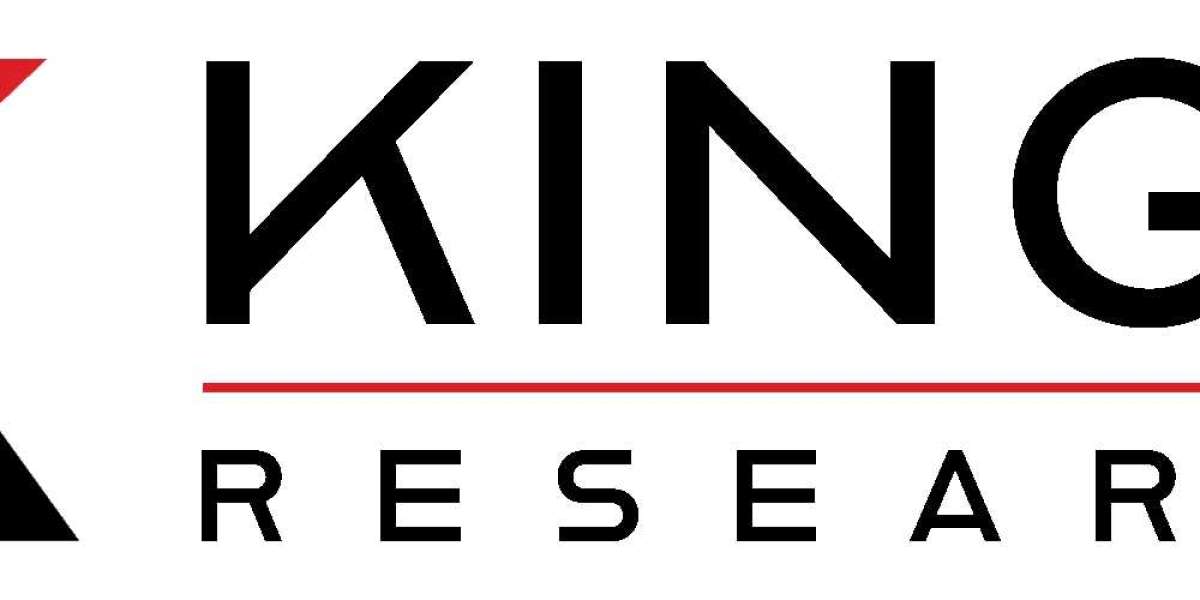Renovating your home can be an exciting time—new layouts, upgraded finishes, and improved functionality. But amidst all the planning for tiles, cabinets, and flooring, it’s easy to overlook one critical part of your home: the plumbing. Failing to protect your plumbing system during a renovation can result in serious and expensive issues, from burst pipes to leaks behind freshly painted walls.
If you're planning a renovation in the Laval area, the team at Plomberie Laval can help you assess, protect, and upgrade your plumbing system safely during the process. Whether you're updating a kitchen, remodeling a bathroom, or doing a full home makeover, here’s what you need to know to safeguard your plumbing.
1. Start with a Professional Plumbing Assessment
Before the demolition begins, have a licensed plumber inspect your system. This helps identify:
- Outdated or corroded pipes
- Weak joints that could fail during construction
- Code violations that need to be addressed
- Opportunities to upgrade or reroute pipes for better efficiency
This is your chance to catch issues before walls are closed or floors are laid.
2. Shut Off the Water Supply
If your renovation includes plumbing fixtures or involves structural work near pipes, shut off the water to the affected areas. This prevents accidental flooding if a pipe is disturbed or damaged during demolition or construction.
Pro Tip: Label your shutoff valves clearly and communicate their location to your contractor or tradespeople on-site.
3. Cap Off and Seal Exposed Pipes
When removing sinks, toilets, or other fixtures, ensure all water and drain lines are properly capped. Leaving them open can lead to debris buildup, unpleasant odors, or even injury if someone accidentally turns the water back on.
A qualified plumber can safely disconnect and seal all lines until it’s time to reconnect them.
4. Protect Exposed Pipes from Construction Damage
Pipes located in open walls or ceilings are vulnerable during renovations. Falling tools, misplaced nails, or heavy materials can easily crack or dent your plumbing lines.
To protect your system:
- Use foam or rubber pipe covers
- Add temporary shielding with plywood or plastic sheeting
- Mark pipe locations clearly to avoid accidental drilling
5. Upgrade While You Have the Chance
Renovations provide the perfect opportunity to upgrade old or inefficient plumbing without the extra cost of tearing into finished walls or floors later. Consider replacing:
- Galvanized steel pipes with PEX or copper
- Outdated shutoff valves
- Old drain lines that are prone to clogging
- Inefficient fixtures with low-flow, eco-friendly options
Doing this now saves money, avoids future disruptions, and adds value to your home.
6. Check Venting and Drainage Systems
Many renovation plans focus on water supply, but proper drainage and venting are just as important. Poor venting can lead to slow drains, sewer gas odors, and fixture backups.
A professional inspection can ensure:
- Drain lines are sloped properly
- Vents are correctly placed and unobstructed
- All changes meet local building codes
7. Coordinate With Other Contractors
Your plumber should be in communication with your general contractor, electricians, and HVAC professionals. This ensures:
- Plumbing lines aren’t in the way of electrical or structural work
- Scheduling is optimized for efficient workflow
- Everyone understands the location of key pipes and valves
Miscommunication can lead to costly delays or damage.
8. Inspect and Test Before You Close Everything Up
Once the new plumbing is installed or old pipes are reconnected, have the system thoroughly tested before closing up walls or laying new floors. Pressure tests and leak checks can reveal issues early, avoiding the need for messy and expensive rework later.
Plan Smart, Renovate Safer
Home renovations are a big investment, and protecting your plumbing system ensures your upgrades are built on a solid foundation. Skipping this step could lead to hidden leaks, flooding, or costly repairs that undo all your hard work.
If you’re renovating in Laval, trust the experts at Plombier Sherbrooke to guide you through the plumbing side of your project. From pre-renovation assessments to post-installation inspections, we’ll make sure your plumbing is safe, efficient, and ready for the future.
Contact us today to schedule a consultation or learn more about our renovation plumbing services.








